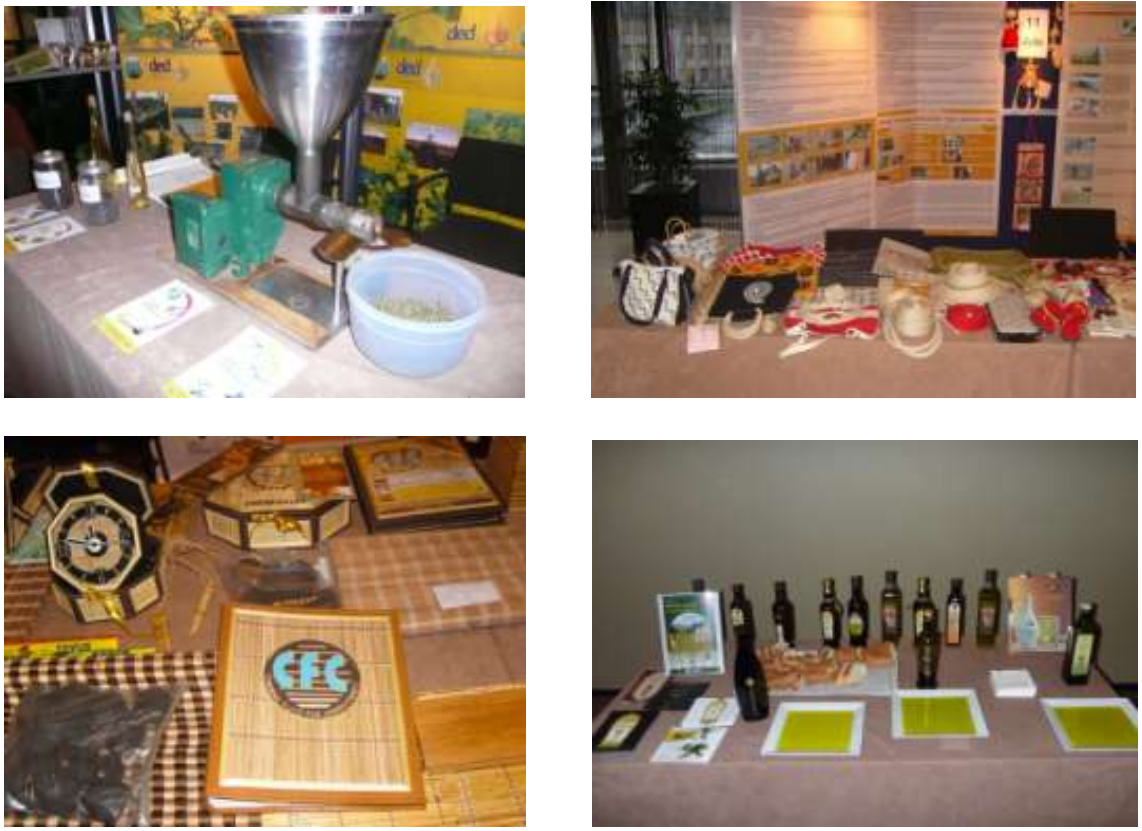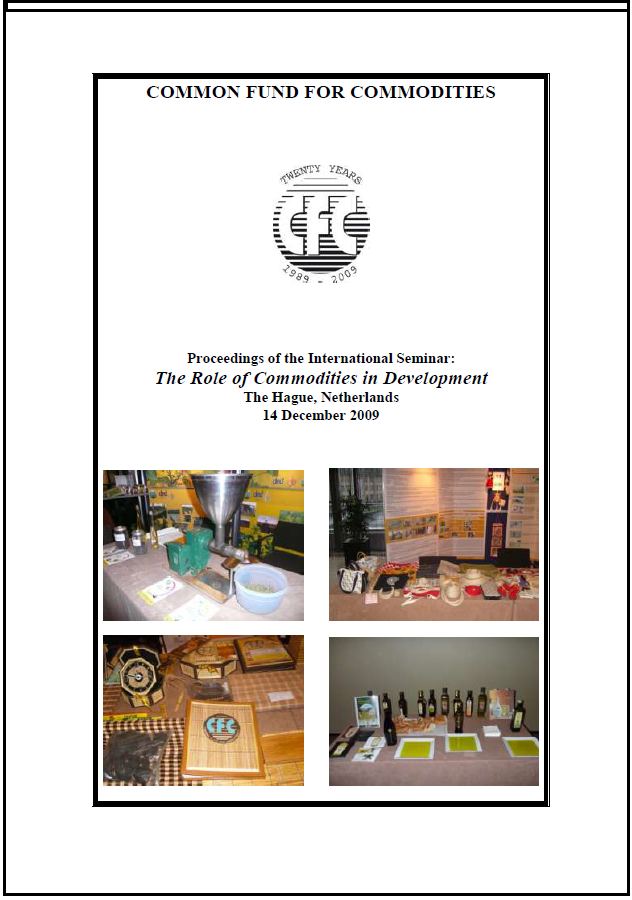Experts say link between commodities and development remains vital to economic growth in producing countries
THE HAGUE - Commodity dependent developing countries are still yet to enjoy the benefits of globalisation and free trade, because of the unpredictable nature and volatility of the global commodities markets-a situation, that generally during this post-crisis phase, will not get better any time soon.
This somber assessment was articulated by the Managing Director of the Common Fund for Commodities (CFC), Amb. Ali Mchumo, in his opening statement at the international seminar at the World Forum, marking the 20th anniversary of the Amsterdam-based intergovernmental financial institution, whose broad mandate includes commodities development advocacy on behalf of developing and least developed countries (LDCs).
The international seminar on: "The Role of Commodities in Development" sought to address key aspects and the critical policy issues associated with commodities investment; processing and productivity enhancement; price volatility and market development; commodity governance and the role of international commodity bodies.
The seminar was opened by the Hon. Jozias van Aartsen, Mayor of The Hague.
The former Minister of Finance of Brazil and former Secretary General, United Nations Conference on Trade and Development (UNCTAD), Mr. Rubens Ricúpero, was the keynote speaker and provided a well-received, contemporaneous analysis of the commodities and development dilemma faced by producing countries since the 1960s.
According to Ricúpero, the fate of commodities has become more and more linked to each and all the vital issues in today's agenda: the global warming negotiations under way in Copenhagen; the deep concerns about the food crisis expressed during the recent FAO Summit in Rome; the G20 efforts to rein in the disruptive role of financial speculators on oil and commodities prices; the shift of trade and economic dynamic patterns towards China and Asia; the continuous stalemate in WTO's attempt to finally come to terms with the long-neglected unfinished business of agricultural liberalization; the serious problems posed by population growth and particularly the accelerating urbanization pace in China, India, Asia and Africa in general.
Amb. Mchumo called on the international community to take action because commodity prices will continue to be volatile and new crises, such as food shortages will happen and linger in the liberalized global economic environment.
"We need policy measures to preserve and strengthen the productive potential and trade capacity of LDCs in the face of the economic erosion created by the fallout in the global financial collapse," he said.
The event attracted high-level participation by leaders of major international organizations concerned with trade and development issues, among them: EU, UNCTAD, UNDP, WTO, FAO and International Commodity Bodies, who work in close partnership with CFC. This in itself is a clear indication that international cooperation and urgent policy solutions are needed to shape a global commodities agenda for development that will benefit producing countries within the emerging architecture of international finance, trade and commerce.
The wrap-up session speaker was Mr. Jan Pronk, former Minister for Development Co-operation of the Netherlands and former Deputy-Secretary General of the United Nations Conference on Trade and Development (UNCTAD), one of the founding fathers of the Fund in the 1980s.
In the end, Amb. Mchumo said it was necessary to ensure the achievements and gains made over the last decade towards the MDGs are not reversed by not doing the right thing for the commodities sector.
"We have reason to hope for greater exchange of policy views, increased public awareness and advocacy for commodities as witnessed by this event, which should serve as an opportunity to advance proposals and actions to further the cause of poverty alleviation and economic development in commodity dependent developing countries," he said.


